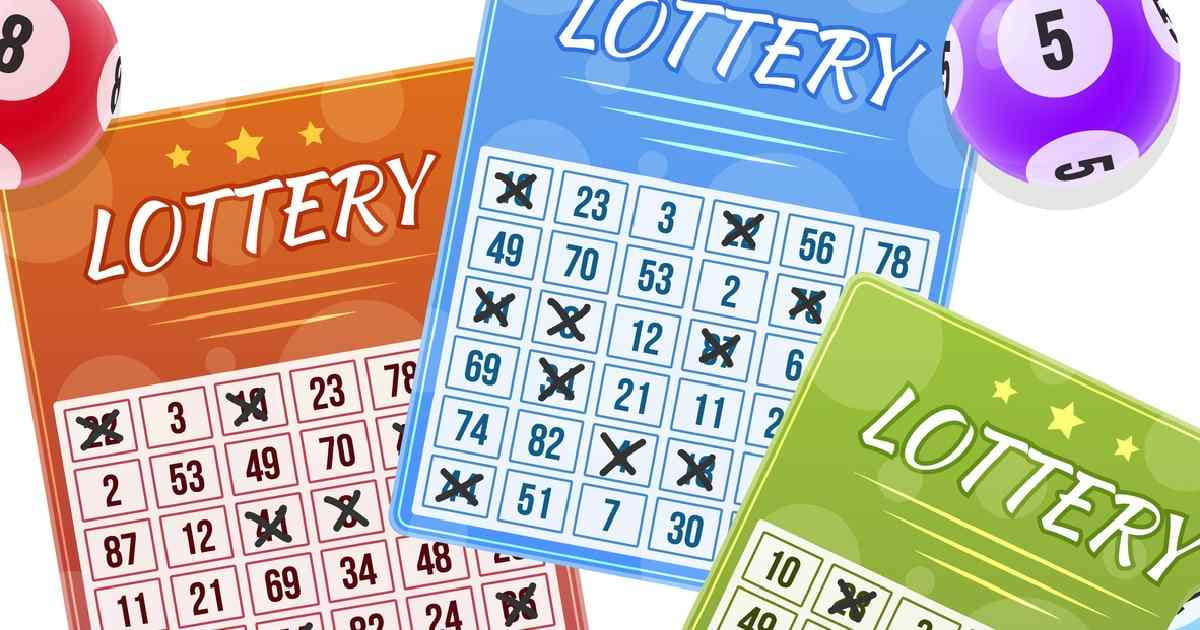In a world where luck often reigns supreme, the allure of the lottery game remains an ever-present fascination. It’s a game that transcends borders, cultures, and socioeconomic statuses, offering the tantalizing promise of instant wealth to all who dare to participate messipoker. But behind the glittering facade of multimillion-dollar jackpots lies a complex web of psychology, mathematics, and social dynamics that shape the lottery game phenomenon.
At its core, the lottery is a game of chance, where players purchase tickets in the hopes of matching a predetermined set of numbers to those drawn at random. The simplicity of its premise belies the intricacies that underpin its appeal. For many, the allure lies in the dream of financial liberation – the chance to escape the constraints of debt, mundane jobs, and limited opportunities in a single stroke of luck. It’s this dream that drives millions to eagerly line up at convenience stores and lottery terminals, clutching their tickets and whispering silent prayers to the fickle gods of fortune.
Yet, beneath the surface lies a sobering reality: the odds of winning the lottery are overwhelmingly stacked against the player. Whether it’s a traditional draw-style game or a modern instant-win scratch card, the probability of hitting the jackpot is infinitesimally small. In fact, the odds of winning the Powerball jackpot in the United States, for example, stand at a staggering 1 in 292.2 million. To put that into perspective, you’re more likely to be struck by lightning multiple times in your lifetime than to secure the coveted grand prize.
So why do people continue to play, knowing full well the slim chances of success? The answer lies in the intricate interplay of psychology and social factors. Psychologists have long studied the phenomenon of “lottery fever,” a term used to describe the irrational exuberance that grips individuals as jackpots soar to unprecedented heights. The mere possibility of winning, no matter how remote, triggers a dopamine rush in the brain, fueling fantasies of a life transformed in an instant.
Moreover, the lottery game is deeply ingrained in the cultural fabric of many societies, often serving as a communal ritual that fosters a sense of belonging and camaraderie. Whether it’s office pools, family syndicates, or neighborhood gatherings, the act of pooling resources to purchase tickets imbues the game with a social dimension that transcends its monetary value. It’s not just about winning – it’s about shared experiences, shared hopes, and shared dreams.
But amid the glittering allure and communal camaraderie, it’s crucial to acknowledge the darker side of the lottery game phenomenon. For some, the pursuit of the jackpot can spiral into a destructive obsession, leading to financial ruin, strained relationships, and even addiction. Studies have shown that lottery participation is disproportionately high among low-income individuals, who may see it as a rare opportunity to escape the cycle of poverty. Yet, far too often, the dream of wealth proves elusive, leaving behind shattered dreams and mounting debts in its wake.
In the face of these realities, it’s essential to approach the lottery game with a balanced perspective. While there’s nothing inherently wrong with indulging in the occasional flutter, it’s crucial to do so responsibly and with full awareness of the odds at play. Rather than pinning hopes on a one-in-a-million chance, perhaps the true essence of the lottery lies not in the pursuit of wealth, but in the simple act of daring to dream – of imagining a better tomorrow, no matter how improbable it may seem.
In the end, the lottery game remains a potent symbol of humanity’s eternal quest for fortune and fate. It’s a reflection of our collective yearning for a life less ordinary, where the boundaries of possibility are limited only by the bounds of our imagination.


